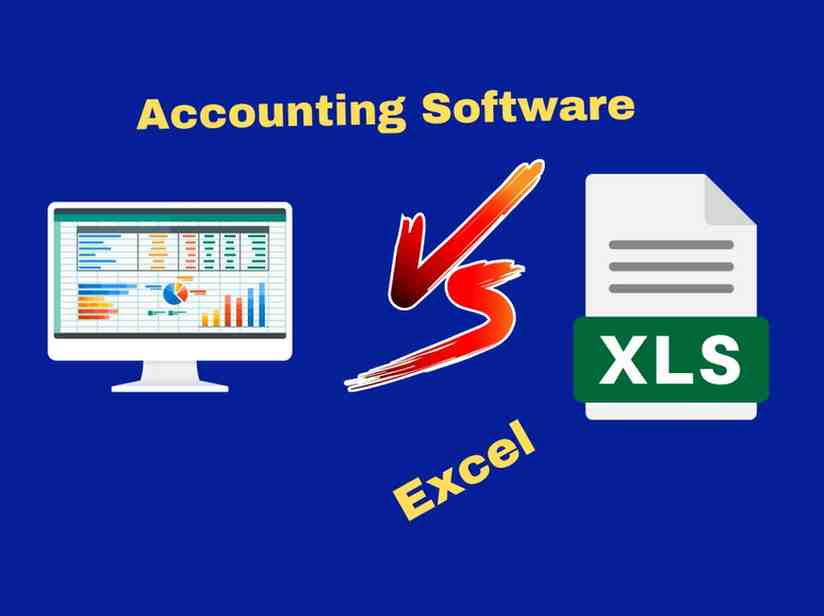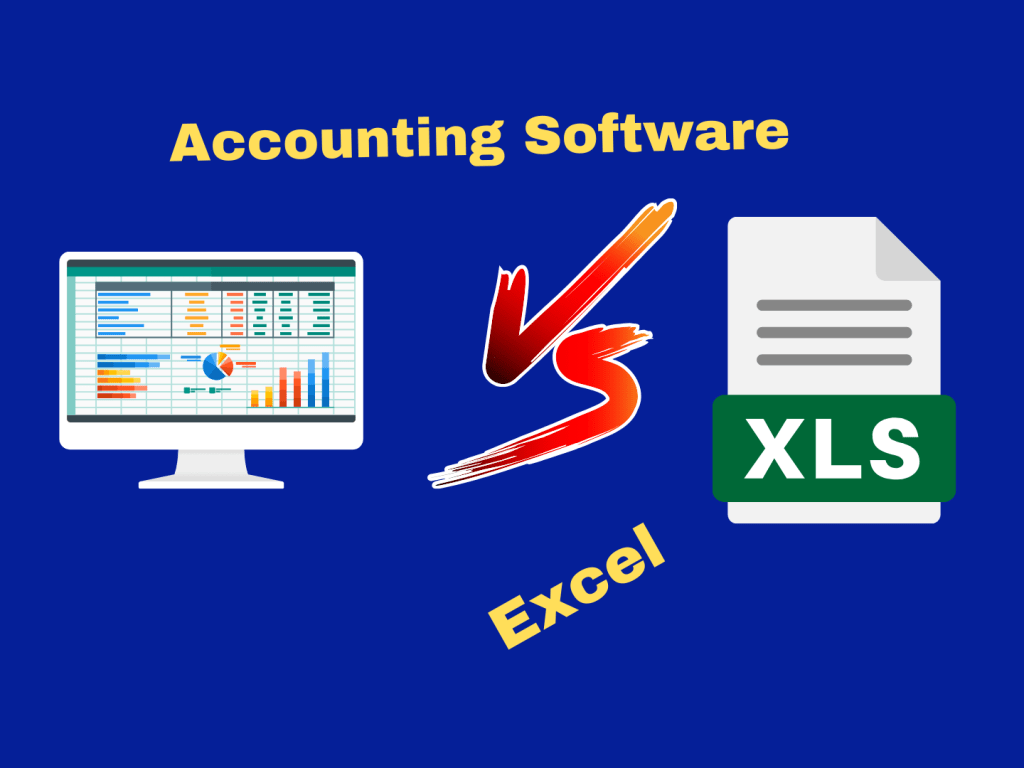

In the realm of financial management, businesses are faced with the decision of whether to rely on traditional spreadsheet software like Excel or invest in dedicated accounting software. While both options offer their own set of benefits, understanding the differences between them is crucial for making an informed decision that aligns with your business goals and requirements.
Let’s delve into the strengths and limitations of each tool to help you determine which one is the best fit for your financial management needs.
The Versatility of Excel
Excel has long been a staple tool for businesses of all sizes due to its versatility, familiarity, and ease of use. Here are some of the key advantages of using Excel for financial management:
- Flexibility: Excel offers unparalleled flexibility, allowing users to create customized spreadsheets tailored to their specific needs. Whether you’re tracking expenses, creating budgets, or analyzing financial data, Excel provides a blank canvas for organizing and manipulating data according to your preferences.
- Accessibility: Excel is widely available and accessible, with most businesses already possessing licenses for the software as part of their office productivity suite. This accessibility makes it easy for users to collaborate on spreadsheets and share financial information across teams.
- Customization: Excel enables users to create complex formulas, macros, and pivot tables to perform advanced financial analysis and reporting. With the ability to customize formulas and formatting, users can create professional-looking financial documents and reports tailored to their requirements.
- Cost-Effective: For businesses with limited budgets or simple financial management needs, Excel can be a cost-effective solution compared to dedicated accounting software. With no additional subscription fees or licensing costs, Excel provides a low-cost option for basic financial management tasks.
The Power of Accounting Software
While Excel offers considerable flexibility and customization options, dedicated accounting software provides a comprehensive solution designed specifically for financial management tasks. Here are some reasons why businesses may opt for accounting software over Excel:
- Automation: Accounting software automates repetitive tasks such as invoicing, expense tracking, and reconciliation, saving time and reducing the risk of errors. By automating these processes, businesses can streamline their financial workflows and improve efficiency.
- Comprehensive Features: Accounting software offers a wide range of features tailored to financial management, including accounts payable and receivable, payroll processing, inventory management, and financial reporting. These comprehensive features provide businesses with the tools they need to manage their finances effectively.
- Integration: Many accounting software solutions integrate with other business systems such as CRM software, inventory management systems, and e-commerce platforms, allowing for seamless data exchange and workflow integration. This integration eliminates the need for manual data entry and ensures data accuracy across systems.
- Scalability: Accounting software is designed to scale with businesses as they grow, providing the flexibility to accommodate increasing transaction volumes, additional users, and evolving financial management needs. With scalable solutions, businesses can future-proof their financial operations and adapt to changing business requirements.
So, which one should you choose?
Ultimately, the best choice depends on your specific needs and business size:
- For small businesses with simple accounting needs and limited budgets, Excel can be a good starting point. However, as your business grows, the limitations of Excel might become more apparent.
- For businesses experiencing growth or with complex accounting needs, investing in accounting software is highly recommended. The efficiency, accuracy, and additional features it offers can significantly benefit your business in the long run.
Additional considerations:
- Integrations: Consider how well the software integrates with other tools you use, like your CRM or point-of-sale system.
- Technical support: Ensure the software provider offers adequate technical support to assist you if needed.
- Free trials: Many accounting software programs offer free trials, allowing you to test-drive the features before committing.
Ultimately, the decision between the two depends on your business’s specific needs, priorities, and long-term goals. By carefully evaluating your options and considering the unique requirements of your business, you can choose the right tool to effectively manage your finances and drive success in today’s competitive business landscape.
Ready explore the seamless benefits of accounting software? Start your free trial today!